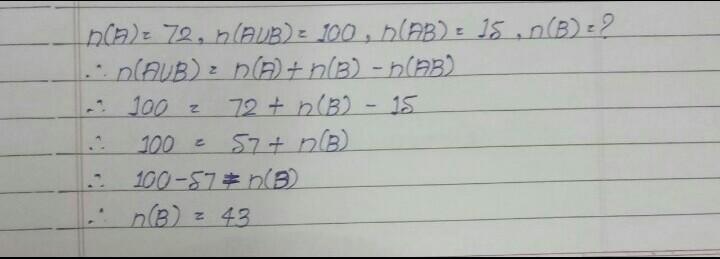Why was Pip scared on the arrival of sergeant at his place during dinner time?
Answers 1
Answer:
Summary and Analysis Chapters 4-6
Tension is evident even in scenes where little action occurs. The scene of Christmas dinner has little action, but the back-and-forth of dialogue about pigs, church, children, and gratitude; Pip's clutching the table leg in terror every time he thinks the missing food will be discovered; Joe's serving him more gravy; and references to fugitives with iron on their legs; all work to create emotional action. It sets up the breaking point of the tension when Pip runs right into the sergeant holding the handcuffs. Similarly, the description of Joe working at the forge is a foreboding metaphor for what is going to happen to the convicts: "the bellows seemed to roar for the fugitives . . . and all the murky shadows on the wall to shake at them in menace."
Joe's decency of character is emphasized in these chapters. He tells Pip he would give a shilling if they "cut and run," and his reaction to hearing that the convict stole his food is simply: "God knows you're welcome to it . . . we wouldn't have you starved . . . poor miserable fellow-creatur." Joe is also aware that his station in his own house does not count for much when he observes of the food: " . . . so far as it was ever mine." It is somewhat of a mystery at this point, why a man as strong as Joe does not stand up to his wife and relatives more.
The themes of need, insecurity, abuse, secrecy, good and bad, cowardice, and guilt show up in Pip's interactions with Joe. Pip loves Joe very much, mostly because Joe lets him love him. Joe is about the only good thing in Pip's life, and at the age of seven, Pip cannot afford to lose the love of the only gentle adult around him. Therefore Pip says nothing about the food and the file he stole. Pip suffers a lot of guilt, but he prefers secrecy, emotional distance, and sacrificing the truth to losing love. Pip, the older narrator, judged himself by admitting he was a coward. These themes recur throughout the book.
There is some additional foreshadowing of the convict's later gratitude to Pip. The convict, noticing Pip's silence in front of the authorities, tells the sergeant that it was he who stole food from Joe's house. This essentially frees Pip from any blame when the missing food is discovered. The convict respects Pip's silence and help and honorably gets Pip off the hook.
Another theme in these chapters is the injustice of social classes. Pip's convict is willing to forfeit his freedom to bring the other one back. There is mention of the second convict getting easier treatment because he is a gentleman. It is obvious there is a history between these two, and their fight foreshadows darker conflicts to come between them
-
Author:
jaden
-
Rate an answer:
3

